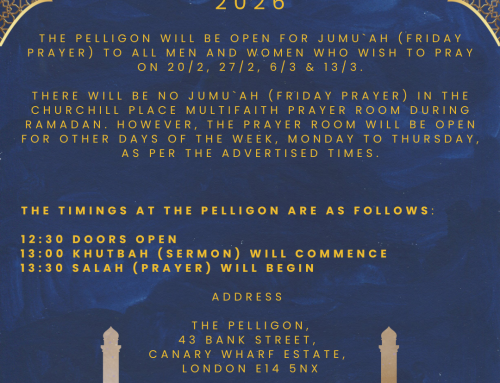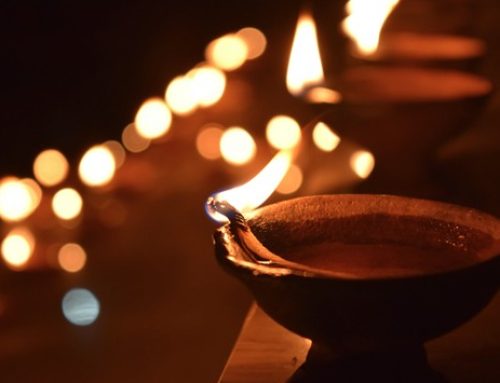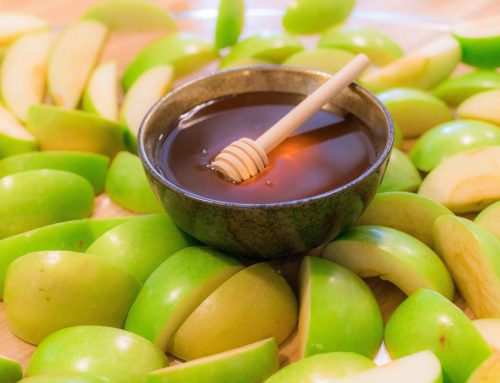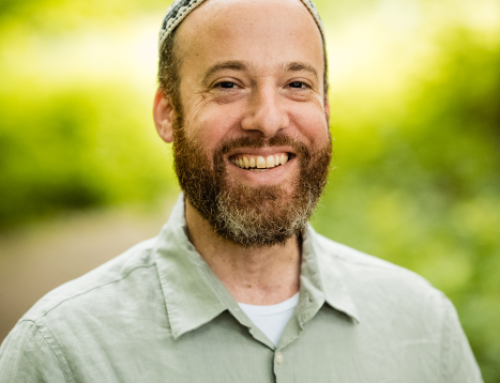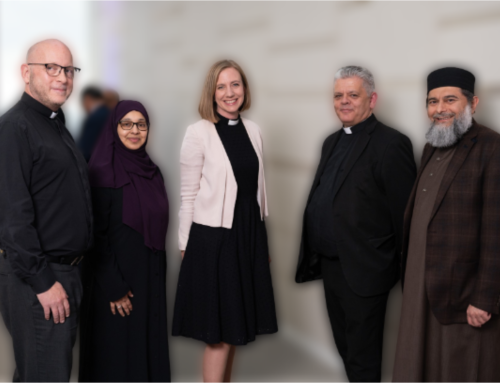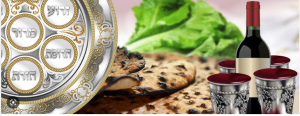
Our guest Blog in conversation with Elan Ovits, Barclays Private Bank & Wealth Management, Canary Wharf.
From the 6th – 13th April (15th – 22nd Nissan), Jews all over the world celebrate the festival of Passover, or ‘Pesach’ in Hebrew. It is one of the most important festivals of the year and its high point is the ‘Seder’. Experiencing this wonderful Jewish meal and interactive “happening” is to live through all the varied themes of the Passover festival. The Seder is an act of remembering, the telling of the Exodus story – the ‘Haggada’ – when the Israelites 3,300 years ago ate their last meal, in Egypt, preparing for their journey from slavery to freedom – both mentally and physically.
Since Passover commemorates the emancipation of the Israelites from slavery in ancient Egypt, it’s also a holiday of celebration, rejoice and remembrance. Passover is important because it’s all about passing on our tradition to the next generation. By reciting the Haggada, Jews give their children a sense of connectedness to Jews throughout the world and the Jewish people through time. It joins them to a past and future, a history and destiny, and makes them characters in its drama.
The Seder is also an opportunity for families to invite guests and ensure that less fortunate people have a good meal. This invitation is simply to remind us that free society exists only where families share warmth with others.
During the festival Jews must eat unleavened cracker bread called ‘Matzah’. The biblical narrative relates that the Israelites left Egypt in such haste they could not wait for their bread dough to rise. The flat, unpretentious Matzah represents the humility, self-effacement and commitment that are the ultimate liberators, enabling us to connect to G‑d without our egos getting in the way.
Jews are also restricted from eating ‘Chametz’ which is any food product made from wheat, barley, rye, oats or spelt that has come into contact with water and been allowed to ferment and “rise.” Chametz represents that swelling of ego that enslaves the soul more than any external prison. It is for this reason that once a year on Passover, when we celebrate our freedom from slavery and our birth as a nation unto G‑d, we are extremely careful to eradicate any chametz that we may have.
As we sit around the Seder table re-enacting the journey from the bread of oppression to the wine of freedom, we commit ourselves to a momentous proposition: that history has meaning. We are not condemned endlessly to repeat the tragedies of the past. Not everywhere is Egypt; not all politics are the exploitation of the many by the few; life is potentially something other and more gracious than the pursuit of power.
Passover also teaches us about faith; we need to have faith, despite being in a difficult situation. It teaches us to embrace and realize the true value of freedom. It is our connection with a higher calling and faith, which we had in the past and maintain today, and celebrate on Passover. We relive this time as a liberating energy that empowers us, just as our parents and grandparents taught us, and just as we are sharing it now with our children, grandchildren, and the groups we assist in our community work. We must fight for freedom again in every generation! This energy teaches us to set aside limitations, chaos, and fear, and assume the strength and desire to give as a collective, respecting each other’s dignity and taking responsibility for each other, standing before tyrannies and despots, and discarding our own vices: materialism, intolerance, selfishness, or paradigms that limit our evolution and transcendence.
May our understanding of these ideas and our fulfilment of these concepts insure for us the Passover holiday filled with meaning and divine blessings.
Elan Ovits, Barclays Private Bank & Wealth Management, Canary Wharf.

